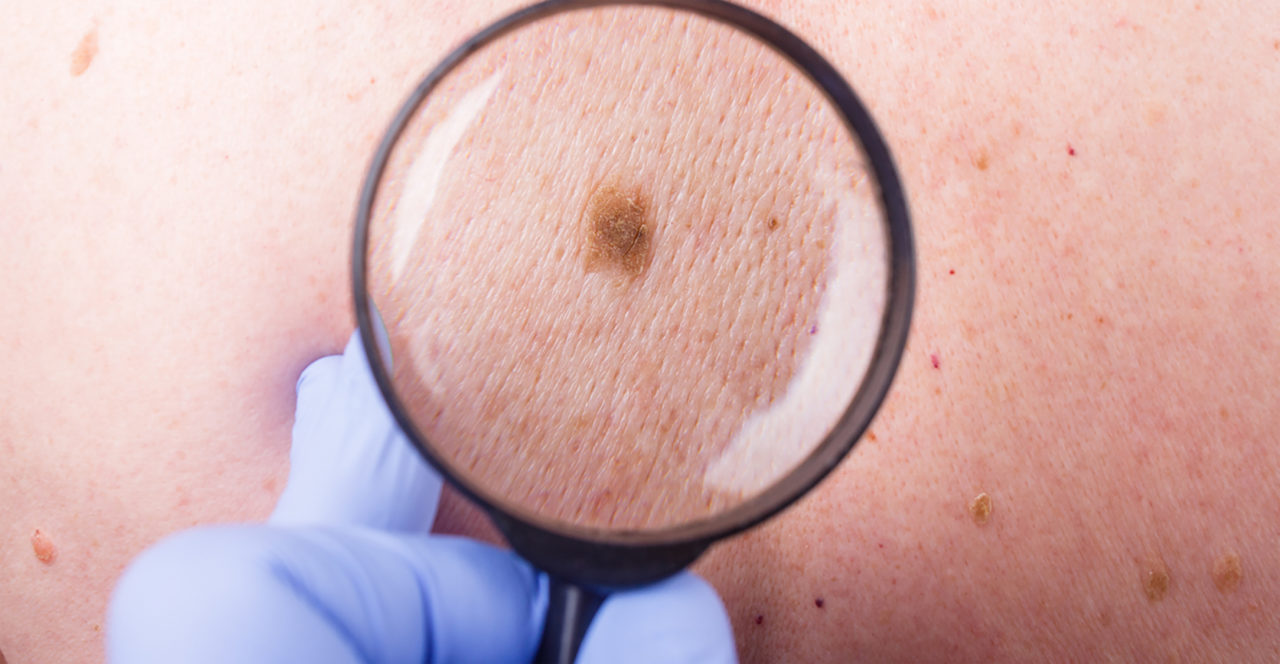A study at The University of Texas MD Anderson Cancer Center showed that circulating tumor cells (CTCs), a form of liquid biopsy, was independently associated with melanoma relapse, suggesting CTC assessment may be useful in identifying patients at risk for relapse who could benefit from more aggressive therapy following primary treatment.
Although CTCs can be detected in melanoma patients, there is limited data regarding their significance in stage III (node-positive) disease. This prospective study was based on earlier research that found CTCs in a significant number of breast cancer patients, which was associated with relapse, independent of other existing methods for determining prognosis.

“Our findings are significant, given that there is a need for blood-based biomarkers to guide clinical decision making for stage III melanoma patients,” said Anthony Lucci, M.D., professor of Breast Surgical Oncology and Surgical Oncology, and study lead. “There currently are no blood tests available to help doctors accurately tell which patients are likely to relapse, and should be given therapy, and which are low risk, and could be observed.”
The researchers assessed CTCs during the patient’s first clinic visit, and relapse-free survival was compared between patients with one or more CTCs, versus those with no CTCs. CTCs were observed in 90 out of 243 patients enrolled in the study.
“Our analysis demonstrated that CTC detection was significantly associated with a decrease in relapse-free survival at six months, and persisted at a 54-month longer-term follow-up,” said Lucci. “The data from this study provides support for the future pursuit of liquid biopsy techniques to help identify patients most likely to benefit from adjuvant systemic therapy.”
Lucci added that this is vital given that there currently is no clear consensus on when to recommend immunotherapy for node-positive melanoma patients. Despite the development of new targeted and immune therapies to treat melanoma, many patients either do not respond to these therapies or develop resistance to therapy within six to eight months. Because such therapies also can have side effects, avoiding treatment in patients at low risk for relapse may prevent overtreatment.


